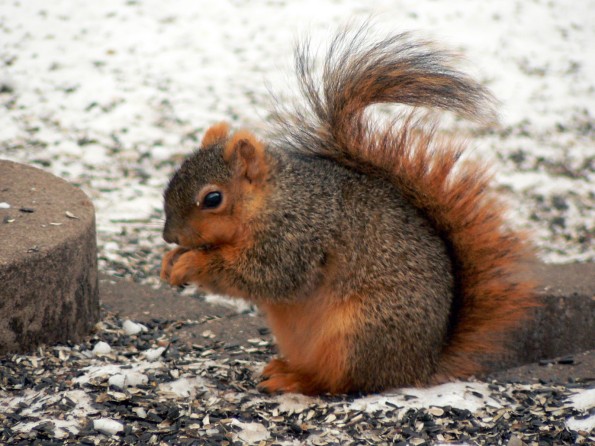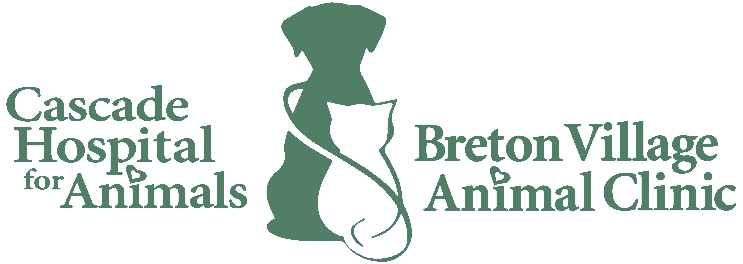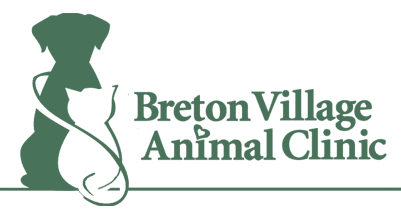
Wild Squirrel Mange or Hair Loss
It is a beautiful spring morning in West Michigan. You are enjoying your morning coffee watching the birds at the feeder in your backyard, and he shows up. A disheveled looking squirrel disrupting the serenity of the morning. Some may “shoo” him away; however, many others call us asking for advice on how to help the little guy out.
Wild Squirrel Mange is when the squirrel experiences the loss of hair. In Michigan, this is often caused by an external parasite (mite) that leads to alopecia (hair loss) and itchy skin conditions. The squirrel is typically in good health, although its outward appearance would tell you different.
Recommendations if you notice affected squirrels around your bird feeders:
- Remove the bird feeder temporarily so the squirrels do not congregate in groups at the feeders. This will help reduce the spread of the parasite from squirrel to squirrel.
- It is often NOT possible to treat the wild squirrels with veterinary medication as the squirrels will not take the medication in food. Treatment also requires more than one dose with specific timing which cannot be done with wild animals. Placing anti-parasite medications in food outside leads to the contamination of the environment (soil and water), resulting in a toxicity risk to pets, fish and other wild animals.
- On an individual basis, if a wild squirrel is brought to a licensed wildlife rehabilitator with signs of mange, the rehabilitator can treat the squirrel directly using prescription medication by INJECTION. We are not suggesting that you try and capture the affected squirrel since they are a wild animal and there is always (although unlikely) the risk of rabies exposure.



